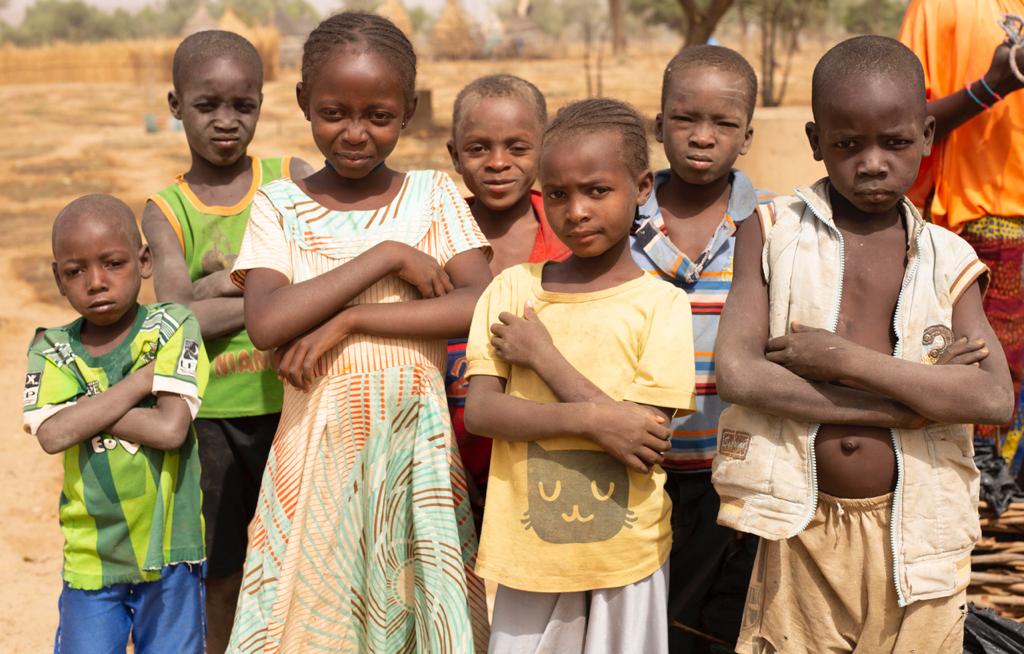Niger is a large country located in West Africa, with an area of 1,267,000 km2. It has a population estimated at 19.3 million inhabitants in 2016, 87.1% of which are young people under 35 and 52.1% of which are women. 80% of the population lives in rural areas. The Niger economy, which recorded a 5% growth rate in 2016, is dominated by the primary sector (agriculture (including livestock), mining (uranium), and informal trading activities) which contributed 39% of GDP. At the crossroads of sub-Saharan Africa and North Africa, Niger is a multicultural country. Niger is part of ECOWAS and is also a member of the West African Economic Monetary Union (WAEMU). Rich in natural mine resources (gold, coal, oil, uranium, etc.) and with a young and ambitious population, Niger intends to build a new vision driven by policies founded on a clear intent to reduce poverty and inequality through transformation on all levels.
The economy is highly vulnerable to harsh climatic conditions which make food insecurity a structural problem. In 2017, Niger was ranked 187th out of 188 countries on the UNDP's Human Development Index. With a poverty rate of 48.9% and a per capita income of $420, Niger is one of the world's poorest nations.

